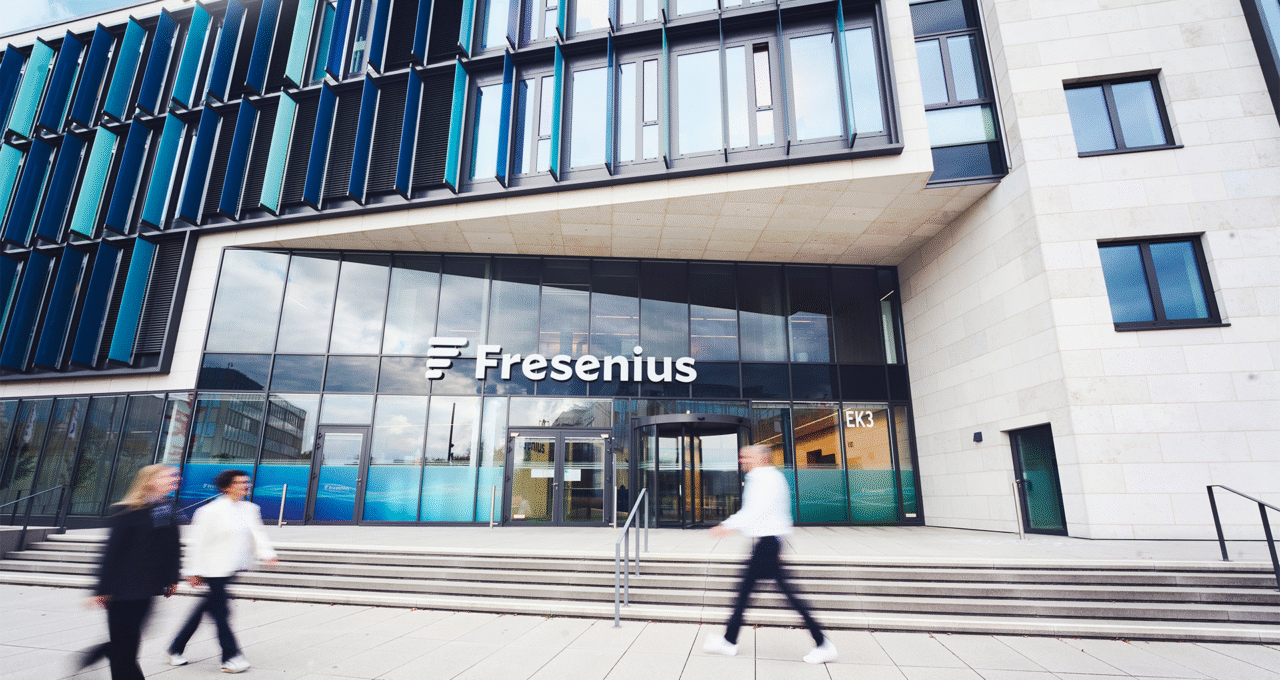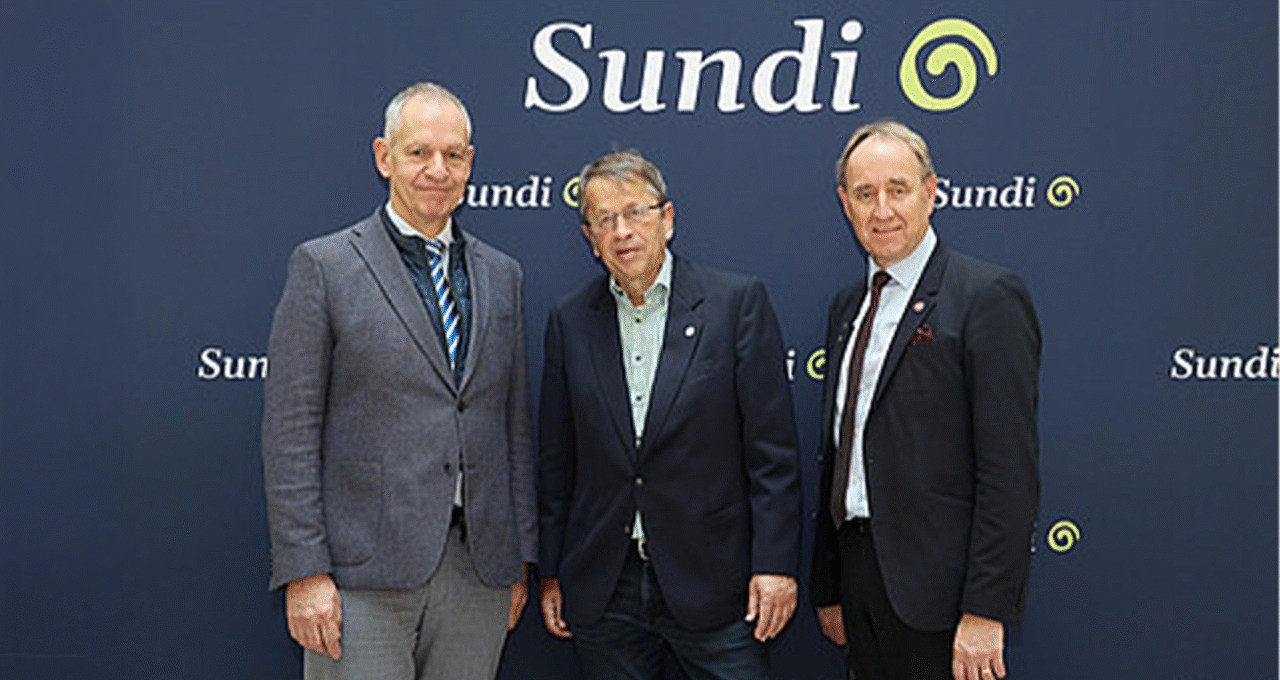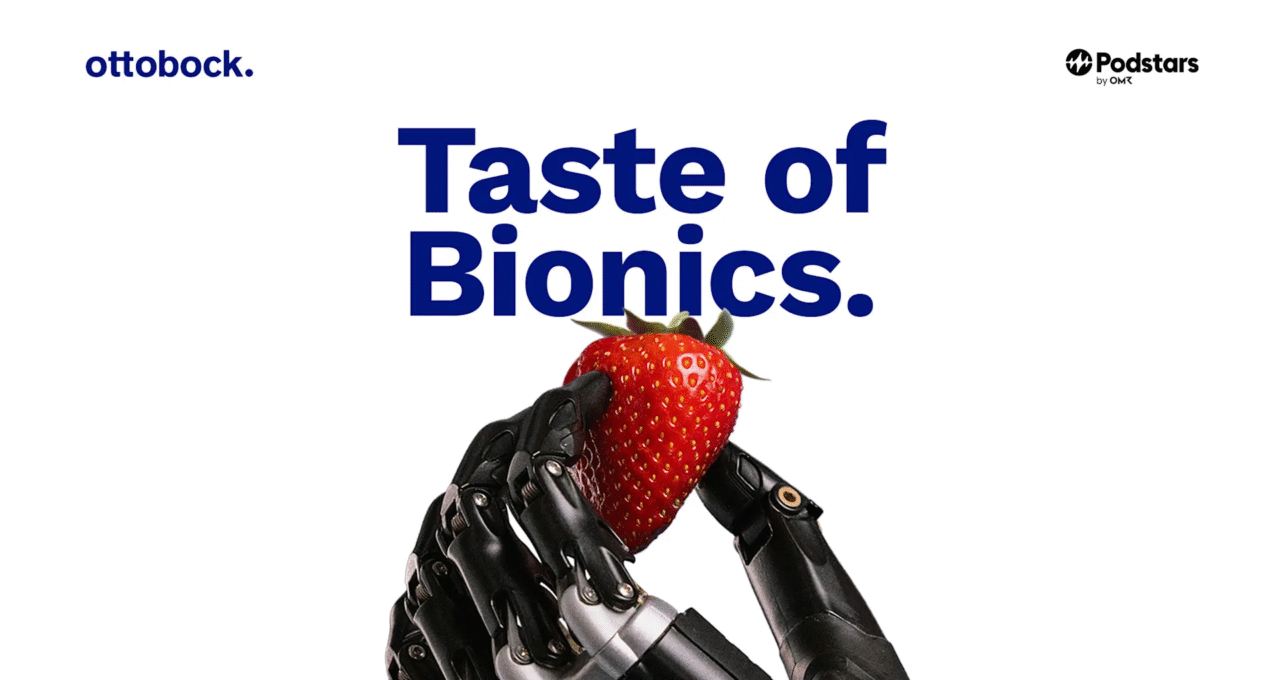
Tuesday, October 28, 2025
With DeepSomatic, Google introduces a groundbreaking AI tool that identifies cancer-driving mutations more precisely than ever before
Google has introduced DeepSomatic, a new AI tool capable of detecting genetic mutations in tumor cells with unprecedented accuracy. This marks a major milestone in advancing personalized cancer treatment.
Cancer begins when the normal controls of cell division break down. To develop effective therapies, researchers must identify the specific genetic mutations that drive tumor growth. DeepSomatic leverages convolutional neural networks (CNNs) to detect these mutations more accurately than existing methods.
Published in Nature Biotechnology, the research demonstrates that DeepSomatic can reliably identify genetic variants in tumors – even in challenging samples or with limited data. Both the tool and its high-quality training dataset have been made openly available worldwide.
The challenge of somatic variants
Most cancers are driven by somatic mutations – genetic changes acquired during a person’s lifetime. These can result from environmental factors like UV exposure or random errors during DNA replication. Distinguishing true variants from sequencing errors is extremely difficult, and this is precisely where DeepSomatic provides crucial support.
How DeepSomatic works
In clinical workflows, DNA from tumor and normal cells is compared. DeepSomatic pinpoints differences that indicate somatic mutations – those not inherited but acquired.
The AI model transforms raw sequencing data into visual representations of genetic sequences, which are then analyzed by a neural network. This allows it to precisely determine which mutations are truly driving tumor growth.
Another advantage: DeepSomatic can operate in “tumor-only” mode, where no normal sample is available. This is particularly valuable for blood cancers such as leukemia.
Training with high-quality data
Together with the UC Santa Cruz Genomics Institute and the National Cancer Institute, Google created a benchmark dataset called CASTLE, based on breast and lung cancer samples sequenced using three leading platforms.
The results were striking: DeepSomatic outperformed all existing methods in accuracy and reliability. It excelled especially at identifying complex mutations such as insertions and deletions (Indels) – achieving an F1 score of up to 90% on Illumina data.
Even with challenging samples, such as formalin-fixed tissue or exome sequencing data, performance remained consistently high – demonstrating real-world applicability in clinical and research settings.
AI for all cancer types
DeepSomatic also succeeded in identifying key mutations in previously unseen cancer types like glioblastoma and pediatric leukemia – discovering ten previously unknown variants in the process.
By making this open-source, AI-driven platform available to the global community, Google aims to accelerate cancer research and pave the way for new, more precise therapies.
“DeepSomatic represents a key step toward truly personalized medicine – with the potential to change lives,” Google Research stated.








